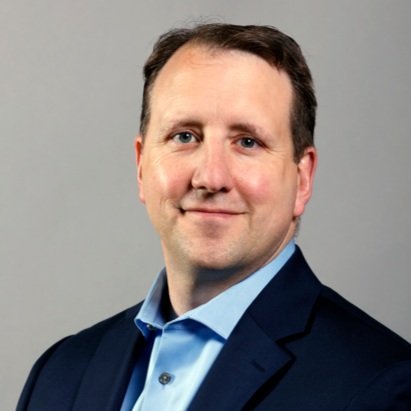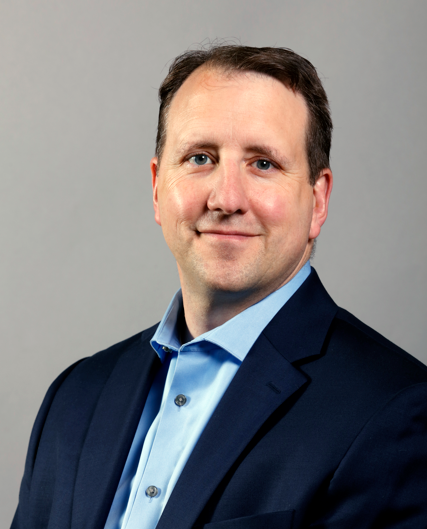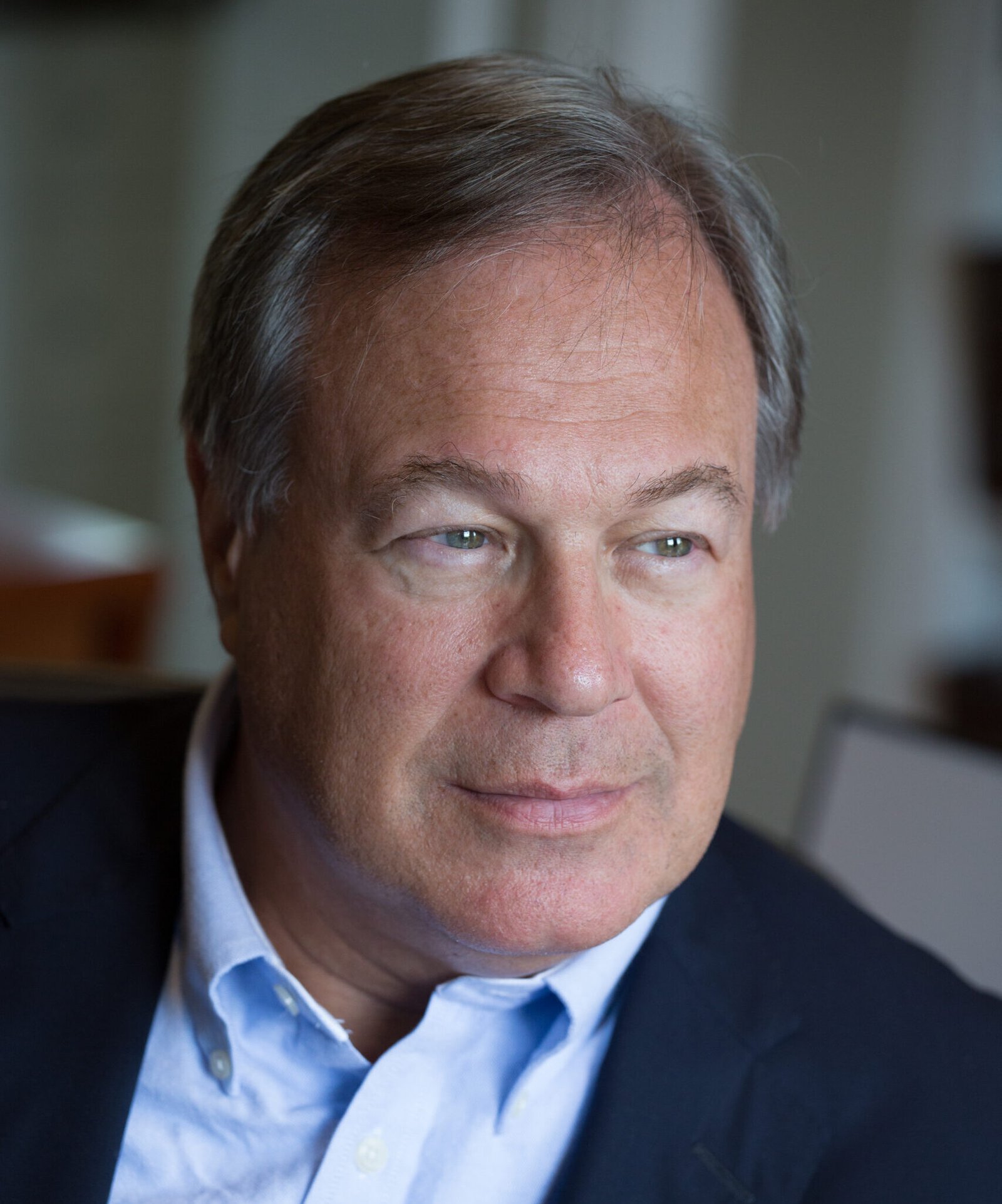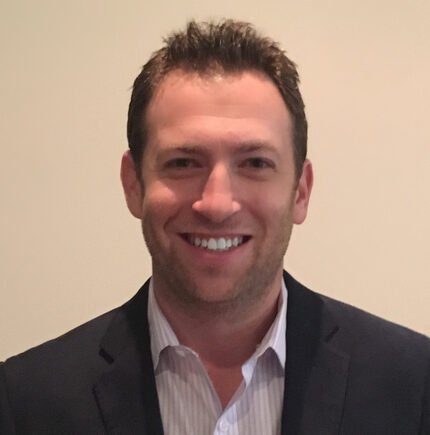I recently went one-on-one with David Trueba, CEO of Revive Environmental.
Adam: Thanks again for taking the time to share your advice. First things first, though, I am sure readers would love to learn more about you. How did you get here? What experiences, failures, setbacks, or challenges have been most instrumental to your growth?
David: I am a Texas A&M University (Aggie) chemist who grew up in a suburb of Dallas, Texas. My parents worked hourly jobs in aviation and education, and I learned the values of hard work, persistence, and care for people while getting results from them. Education and the habit of continuous learning were instilled from an early age. One early experience was breaking my leg my junior year of high school, and swimming with a cast and still making the state swim meet finals that year. The leg was a setback, but through resilience and intention, that became a call to action to work harder. Another more recent experience was being hired to make a strategic assessment for a public company on a $150 M/year business. Ultimately, I recommended selling the business and eliminated my role as our fundamental customer value proposition was not aligned to the organization. Putting customers and creating recurring value is extremely important.
Of all the influences I have had, the most meaningful ones come from the books I read and the mentors I have followed advice from. Books and academia taught me the lessons of how to use the scientific method in technology and in business, as well as seeking an MBA so I can speak the language of business execution. Mentors taught me the art of servant leadership and must go together, and how to get results through my people while caring for them personally. The most impactful advice came from my friend Peter Holmes, that as you grow in responsibility in an organization 1) reflection on the business, 2) communication of a clear, engaging mission, and 3) how to ask good, action-oriented questions of my people become the most important use of my time to succeed.
Adam: In your experience, what are the key steps to growing and scaling your business?
David: In start-ups and in established businesses, growing a business means having an offering that customers value and are willing to pay for. Scaling the business does not / should not happen until the business can make a profit on the offerings (cost below revenue). I have seen many businesses get excited to scale an unprofitable offering with the promise of an “uncapped market potential”, but sweating the details around the offering is critical. Getting growth capital on a profitable business with market potential is much easier, and the execution comes from the customer pulling you instead of a business pushing something on a customer that they may not want to pay for.
Adam: What is your best advice on building, leading, and managing teams?
David: When I founded and spun out Revive from Battelle, I had two questions for the investors: 1) Does the technology work and is the intellectual property solid? and 2) Will I have the latitude to build my team? The team building was the most important question, to which the answer was “YES!” My first act was to find solid leaders that were excellent in their craft (technology, their discipline) that could do the work and build their own team to scale it. Leaders who focus on results and developing their people with real-time feedback are incredibly important at Revive Environmental. We were 1 employee in January 2023, and now we have over 35 staff. I credit the growth of the caliber of my leadership team. What this meant action wise for me is 1) never sacrifice leadership talent for expediency, 2) management is critical to excellent leadership, it cannot be mutually exclusive, and 3) my job is to tell my direct reports the “what and when” and to give them the space to deliver the on “how and the who”. Once I find myself getting into the how and who of their organizations, it becomes a micro-management situation that stems from a performance issue. Leadership is an active job, not a passive one.
Adam: What are the most important trends in technology that leaders should be aware of and understand? What should they understand about them?
David: Three trends I see:
-
How decisions are made: AI, ChatGPT, automation are important tools…a means to an end. Integrating decisioning “hacks” drives productivity, but most always aligns to making a more competitive offering of value to a customer. Flipping this almost always results in poor execution.
-
Talent is shifting: Demographics in the United States and across western countries suggest Baby-Boomers will retire in the next five years (know the work but lighter on technology systems like computers) and the younger generation (X/Y/Z/Alpha) grew up with email, internet, and apps to facilitate quick work yet these are young and may not now the business. Intentionally managing this mix and leading people from where they are and to their potential will result in positive performance. Ignoring generational differences will lead to intractable conflicts and poor productivity.
-
Scarcity of resources will lead to great innovations in the coming two decades: Water is fundamental to 90% of business and 100% to all life on earth, yet only 25% of green funding is spent on water resiliency and reuse. The way we mined for rare earth minerals 20 years ago was not efficient, but now renewable energy-based batteries (lithium) are important, many advances in recycling and mining are delivering incredible innovations. Never lament scarcity in business as a leader; view this as an opportunity to create value. At Revive Environmental, I teach my team to do with less and find a way, and almost always a solution is identified because of the scarcity.
Adam: What do you believe are the defining qualities of an effective leader?
David: Defining the “why” as Simon Sinek suggests is critical. Building out the why, including the mission and values around the core offering of an organization, is a great starting point. Clear and consistent communication is vital…I find myself repeating the same 3-4 concepts at every employee meeting. Repetition around what matters scales an organization’s culture. Any General Manager or P&L owner must know the details of the business…this is management. Being solid at the management part is table stakes for effective leadership. If management is about the what and the how (like the hands and feet of a person, then leadership is about the who, how, and why (like the mind and heart of the person).
Adam: How can leaders and aspiring leaders take their leadership skills to the next level?
David: Show up for your people. Take an interest in their lives and in their work. Stay curious about your customers and your industry, and bring this to your people. Leadership skills are meant to be developed, much like an athlete. The most successful athletes work on all three fundamentals of fitness: flexibility, strength, and endurance. I learned after a couple of missteps that my weekly regimen must include developing these leadership fitness fundamentals.
Adam: What are your three best tips applicable to entrepreneurs, executives, and civic leaders?
David: Sweat the details while taking time to think “on the business or organization”. Too often, we stay in high-level mode or detail-only mode (especially in a crisis, as this brings out one’s natural tendencies). Leaders must rely on their people to deliver, and to do so must keep the “why” and the what by “when” in front of your people.
Adam: What are your best tips on the topics of sales, marketing, and branding?
David: Hire and develop experts in the sales and marketing/branding that focus on the customer. Keep this focus current and refresh the customer’s view often. Revive Environmental uses one of Jeff Bezos’ “hacks” where we have a customer seat at our leadership meetings. As we decide on sales and marketing objectives, keeping the customers at the heart of our efforts is key. Sales is not about what we pitch or say, but always what the customers value…leaning into what the customers want and delivering scales the commercial team’s success.
Adam: What is the single best piece of advice you have ever received?
David: When I was a Boy Scout at 12 years old, I attended Philmont Scout Ranch in New Mexico, where we hiked 5-7 miles a day without support from the modern world. Along the trail, there would be trail boxes filled with useful items for hikers. The motto was to put something in the box that is better in quality or quantity than what you took out, and leave the campsite better than you found it. I have modeled my life’s philosophy off of this 12-year-old lesson…The more I focus on adding value (put something in better than you took it out) and leaving my family, community, and organization better off than I found it continues to serve me well. Each of us rents time on this earth, it is finite, and as a human and leader, every good outcome in my life has been tied to how well I live this philosophy.









